Green Lights Sept. 5: Top stories this week
Don't miss a single story from the best of Callaway Climate Insights.
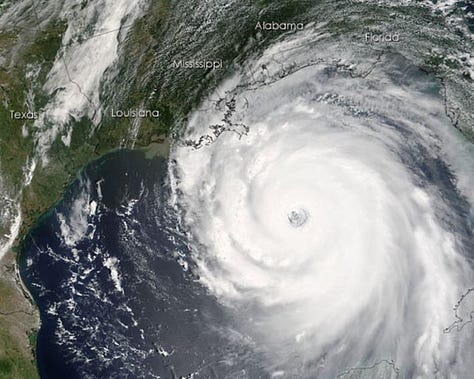
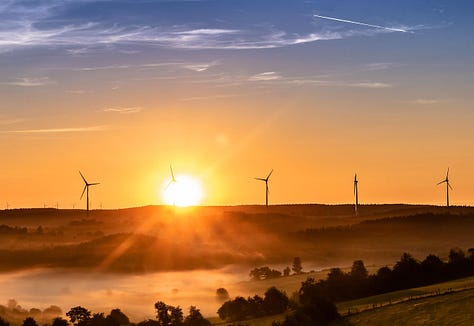
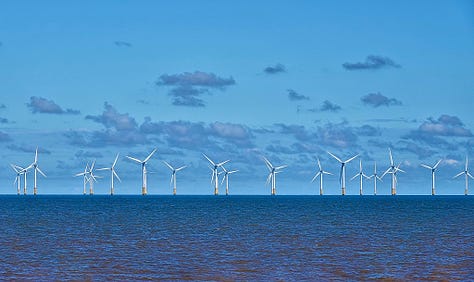
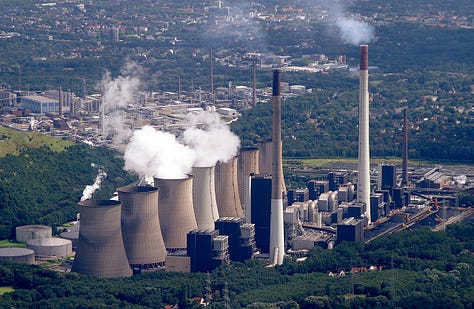
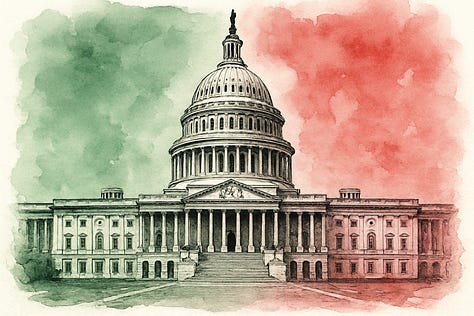

. . . . Welcome back to Green Lights. Here’s our roundup of the best of Callaway Climate Insights. Here at the unofficial end of summer, David Callaway weighs in on the rush to complete renewable energy projects and buy electric vehicles before Trump’s cuts to subsidies and tax credits take effect. Mark Hulbert writes that stock trading records reveal the truth behind ESG rhetoric in Congress. Have a great weekend and please subscribe to support our climate finance journalism.
. . . . EV buyers aren’t the only ones rushing this summer to beat the deadline to qualify for federal subsidies before they expire. Democratic state politicians are also working against the clock as they seek any and all renewable energy projects that might be completed before the White House deadline that ends tax credits.
. . . . One of the benefits of allowing our federally elected officials to continue trading in public markets despite conflicts is that every once in a while, those trading records reveal a surprising truth. Mark Hulbert examines a new study that shows despite the fiery rhetorical differences between Democrats and Republicans on the issue of climate change and ESG investing, everybody pretty much ignores the theme in their own portfolios.
. . . . The White House says it’s stopping Orsted’s Revolution Wind project off the Connecticut shore because it could be used to disguise attacks by “swarm drones.” David Callaway — who knows a thing or two about drones — says this move will actually deprive millions in New England of essential energy, raise prices and destroy jobs. Not to mention what it does to Orsted investors.
. . . . Germany is sending mixed messages about cutting pollution. Germany’s biggest bank, Deutsche Bank, says it will stick to its carbon emission reduction targets for 2030 and 2050. At the same time, the government says the country has already met its 2028 targets for reducing coal power generation so it doesn’t need to shut down any more coal plants for the time being. That, writes David Callaway, is a bit like saying we’re ahead of our targets to lose 20 pounds by Christmas so we will continue eating cookies at least until Halloween.
. . . . One of the leading Dutch pension funds, which have been steadily divesting their holdings in fossil fuel companies in the past two years, turned up the heat on BlackRock recently, withdrawing a mandate worth as much as $17 billion in favor of European asset managers who purport to care more about the climate.
. . . . A system of 350 miles of flood walls and levees, costing more than $14 billion, was built in five New Orleans parishes after Hurricane Katrina. Today, the flood protection system is slowly sinking, losing height while sea levels rise and potential storm surge threats increase. The levees need an estimated $1 billion in upgrades and the city’s levee and flood wall system must be raised or the region could become ineligible for federal flood insurance.
More greenery . . . .
It depends on who you ask: Is AI good or bad for the climate? (Yale Climate Connections)
‘Sham science’: Resounding rejection of DOE’s climate science report (Union of Concerned Scientists)
Lightning strikes: Dry thunderstorms and dry grasslands mean more wildfires (Cal Matters)
UN: Wildfires increasing air pollution across globe (Al Jazeera)
Intensifying monsoons: Powerful rain and floods devastate northern India (NBC News)
Temperatures rise: What climate change means for the Mediterranean Sea (Phys.org)







